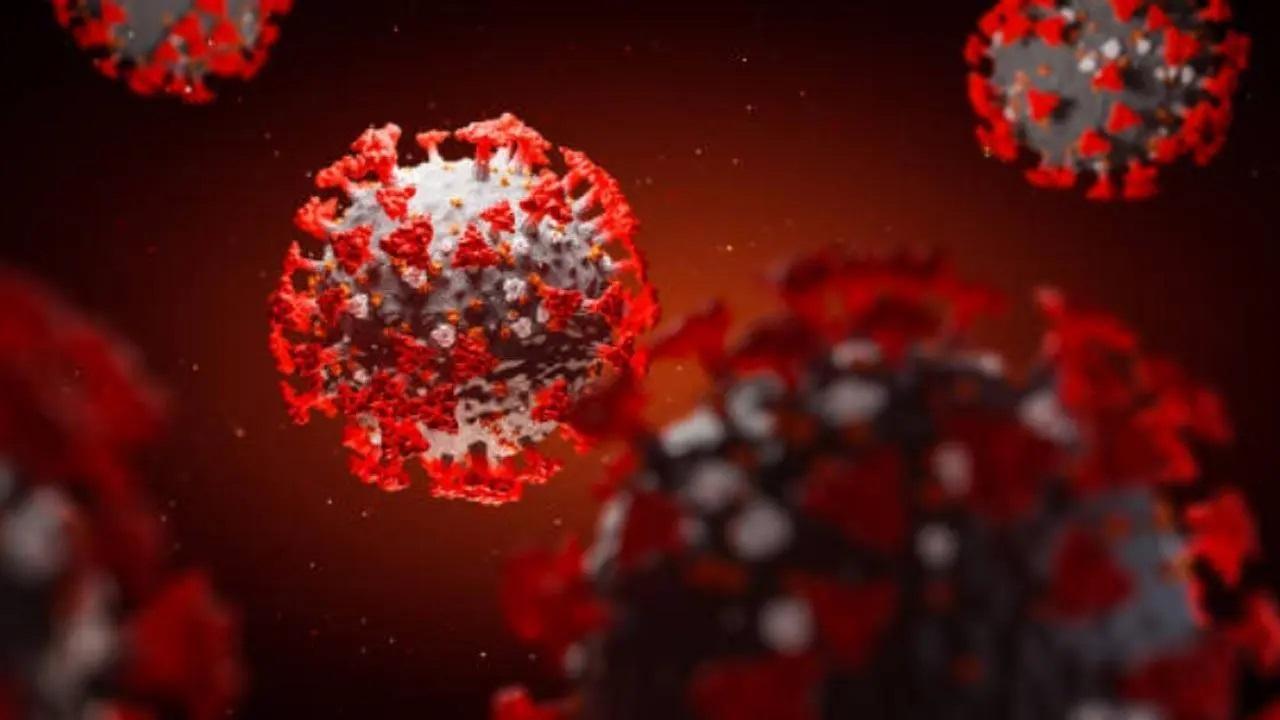Researchers from Helmholtz Munich and Ludwig-Maximilians-Universitat (LMU) found that SARS-CoV-2 spike protein remains in the brain's protective layers -- the meninges, and the skull's bone marrow for up to four years after infection

Image for representational purpose only. Photo Courtesy: istock
SARS-CoV-2, the virus behind the Covid-19 pandemic, remains in the skull and meninges for years after infection, leading to a long-lasting effect on the brain, according to a major German study.
ADVERTISEMENT
Researchers from Helmholtz Munich and Ludwig-Maximilians-Universitat (LMU) found that SARS-CoV-2 spike protein remains in the brain's protective layers -- the meninges, and the skull's bone marrow for up to four years after infection.
These spike proteins are responsible for triggering chronic inflammation in affected individuals and increase the risk of neurodegenerative diseases, the team found.
Prof. Ali Ertürk, Director at the Institute for Intelligent Biotechnologies at Helmholtz Munich said that the long-term neurological effects include “accelerated brain ageing, potentially leading to a loss of five to 10 years of healthy brain function in affected individuals."
The study, published in the journal Cell Host & Microbe, may also have neurological symptoms of long Covid such as headaches, sleep disturbances, and “brain fog,” or cognitive impairment.
About five to 10 per cent of people infected with Covid are likely to experience long Covid -- approximately 400 million individuals may carry a significant amount of the spike protein.
Notably, vaccines against the deadly virus significantly reduce the accumulation of the spike protein in the brain, said the researchers.
However, the reduction was “only around 50 per cent in mice, leaving residual spike protein that continues to pose a toxic risk to the brain”.
For the study, the team developed a novel AI-powered imaging technique to understand how the SARS-CoV-2 spike protein affects the brain.
The method, which offers a three-dimensional visualisation of viral proteins, was deployed to find previously undetectable distributions of spike protein in tissue samples from Covid-19 patients and mice.
The findings revealed significantly elevated concentrations of spike protein in the skull's bone marrow and meninges, even years after infection.
The spike protein binds to so-called ACE2 receptors, particularly abundant in these regions.
This story has been sourced from a third party syndicated feed, agencies. Mid-day accepts no responsibility or liability for its dependability, trustworthiness, reliability and data of the text. Mid-day management/mid-day.com reserves the sole right to alter, delete or remove (without notice) the content in its absolute discretion for any reason whatsoever.
 Subscribe today by clicking the link and stay updated with the latest news!" Click here!
Subscribe today by clicking the link and stay updated with the latest news!" Click here!







